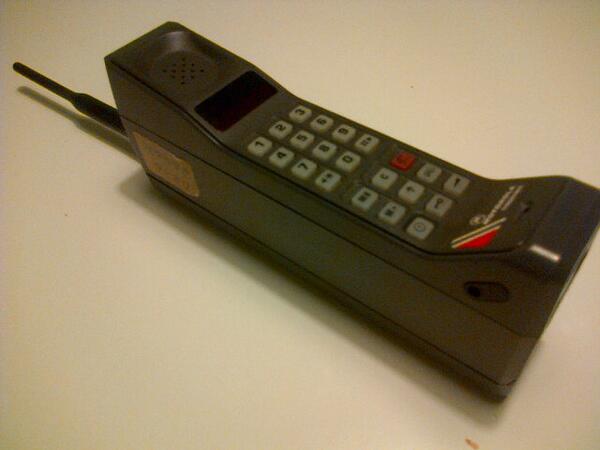My trainee journos at Leeds Trinity are well clued up on the possibilities, and over this week they'll be putting theory into practice, producing multimedia web pages as they follow top industry speakers taking part in our annual Journalism Week. If it moves or squeaks within a hundred metres of the Mary Hallaway Lecture Theatre it'll be on the web within seconds. Just watch the hashtag #ltjw go global.
There is, however, something in all this that worries me.
When I address a Journalism Week audience I sometimes fail to make eye contact with anyone, as the whole theatre is engrossed in the process of live reporting. There's a danger that understanding what I, or an invited guest, has to say becomes secondary to the dumb process of capturing the now.
If I were to assert, in a firm and level tone, that 'the future of news lies in cauliflowers' I'm confident a proportion of my audience would Tweet, live blog, Vine and Audioboo that statement uncritically.
The role of the journalist in observing and, crucially, interpreting and contextualising events is diminished when their role is reduced to that of a multi-function USB input device. That's what we are in danger of doing if we fetishise the tools of the trade to the point where they become more important than the story.
 Today's iPhone is tomorrow's Sinclair ZX Spectrum. By 2030, if we're not all walking around like style clones of Brains from Thunderbirds, viewing the world through Google Glass, we may have living rooms like the holodeck on the Starship Enterprise, allowing Dame Kay Burley to lead us immersively through news stories as we pick our way around the virtual debris of that year's Independence Square. The iPhone will be as up-to-date and relevant as this - my cool news editor's mobile from 1993 (with an '0836' number).
Today's iPhone is tomorrow's Sinclair ZX Spectrum. By 2030, if we're not all walking around like style clones of Brains from Thunderbirds, viewing the world through Google Glass, we may have living rooms like the holodeck on the Starship Enterprise, allowing Dame Kay Burley to lead us immersively through news stories as we pick our way around the virtual debris of that year's Independence Square. The iPhone will be as up-to-date and relevant as this - my cool news editor's mobile from 1993 (with an '0836' number).For the sake of the audiences we serve, let's not take our eyes off the story to serve the machines. We're journalists. We're better than that - when the technology serves us, not the other way around.
Follow @leedsjourno
(For a much more balanced appraisal of the value of iPhones in newsgathering take a look at Glen Mulcahy's blog, which I found most informative)
I have wondered whether there should be more "past tense journalism" - where a journalist says to himself that, OK, someone else will put this on the net as it happens, but I can resist the urge to do that, actually listen and try and get deeper into the story, take some time to write it and get it all right.
ReplyDeleteThere's too much information on the net, being created by all sorts of people. Do you think the role of a journalist should be to not aid this incessant creation of data but to sit back for a while and think about it more, and then tell us what's going on, when they actually know, not when they're finding out? To analyse whether the future of journalism really will rely on the cauliflower?
Hi Jasper, thanks for an insightful comment.
ReplyDeleteIn an age when anyone with a smartphone can 'publish' or 'broadcast' professional journalists need to differentiate themselves from the herd by making their contributions meaningful.
Being first with the 'dumb capture of now' is no longer the most important factor - adding value in terms of helping listeners, viewers or readers understand what's happening and being *trusted* to interpret is.
Trust can only be earned over time, by developing a relationship with the audience and that includes, but is not limited to, interacting on social media.
Most people have busy lives. Journalists will continue to have an important role curating and making sense of the now for people who want a coherent, easy-to-consume and attractive summary of what they need to know to be informed citizens.
Digging and primary sources are for nerds, for the retired ... of the professionals. R